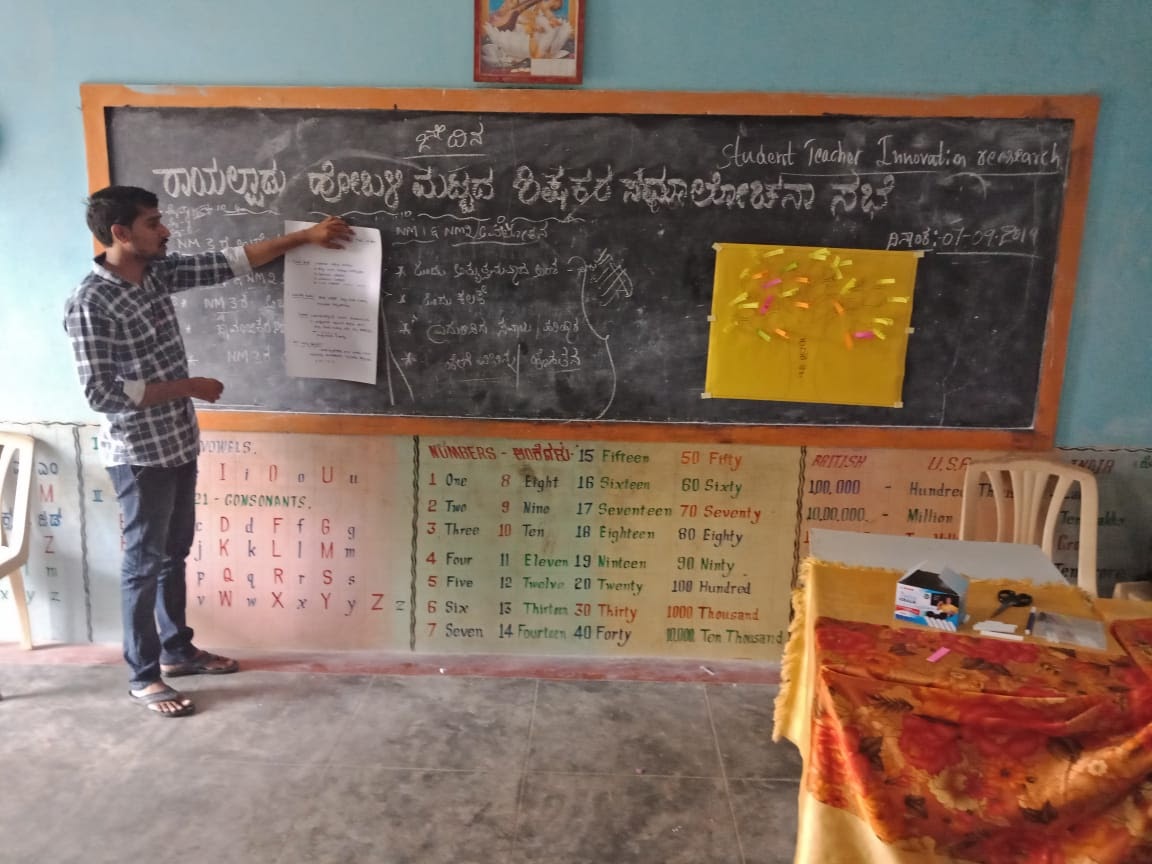We’re delighted today to publish the first findings from our longitudinal studies in Karnataka and Tamil Nadu. These studies have been completed by Ichuli, an independent research organisation headquartered in Uganda, and were commissioned by STiR Education to understand longitudinal trends and impacts from our programme over four years in these two states in India, and also in eastern Uganda. The objective of these studies is to test our five-year change hypothesis to understand how improvements in intrinsic motivation at different levels of an education system contribute to improved teaching practices and student learning.
The findings from Year 1 of these studies are presented in the two reports linked below, to provide a lens on the progress made by STiR’s intervention in each state. The Karnataka report covers the second year of our programme in the state, while the Tamil Nadu report reviews progress after just four months. Results present linkages and outcomes between the data collected across three levels of stakeholders in the education system – students, teachers and headteachers, and education officials. Findings are organised by the key measurement areas STiR uses to evaluate behaviour change: engagement, safety, self-esteem, curiosity and critical thinking, and learning time and intentional teaching.
Overall, the findings from each study demonstrated that stakeholders were largely on track and meeting the targets outlined in our progress pathway. In Karnataka, the findings showed that routines had been established within each of the foundations of lifelong learning, and that our focus now needs to be on strengthening a culture of improvement among all stakeholders. In Tamil Nadu, stakeholders were well on their way to developing a shared purpose, working together and changing their mindsets within each of the foundations of ambition and lifelong learning.
Rein Terwindt, Director of Monitoring, Evaluation and Research at STiR, said: “The rich findings generated by Ichuli provide us with a nuanced understanding of our programme in Karnataka and Tamil Nadu. Together with our government partners, we’ve been reflecting on how we might further deepen behaviour change in terms of the foundations of lifelong learning based on these insights. The global Covid-19 pandemic has complicated our efforts to conduct a second round of data collection, which is now planned for late 2021 in Uganda and early 2022 in India, depending on the reopening of schools. In the meantime, we’ll continue to learn closely with our government partners building on the behavioural measures used in the longitudinal study, and we look forward to sharing those insights throughout the year.”
Please read the Karnataka report in full HERE and the Tamil Nadu report in full HERE.
Our report from the study in Uganda is also found on our website here.


